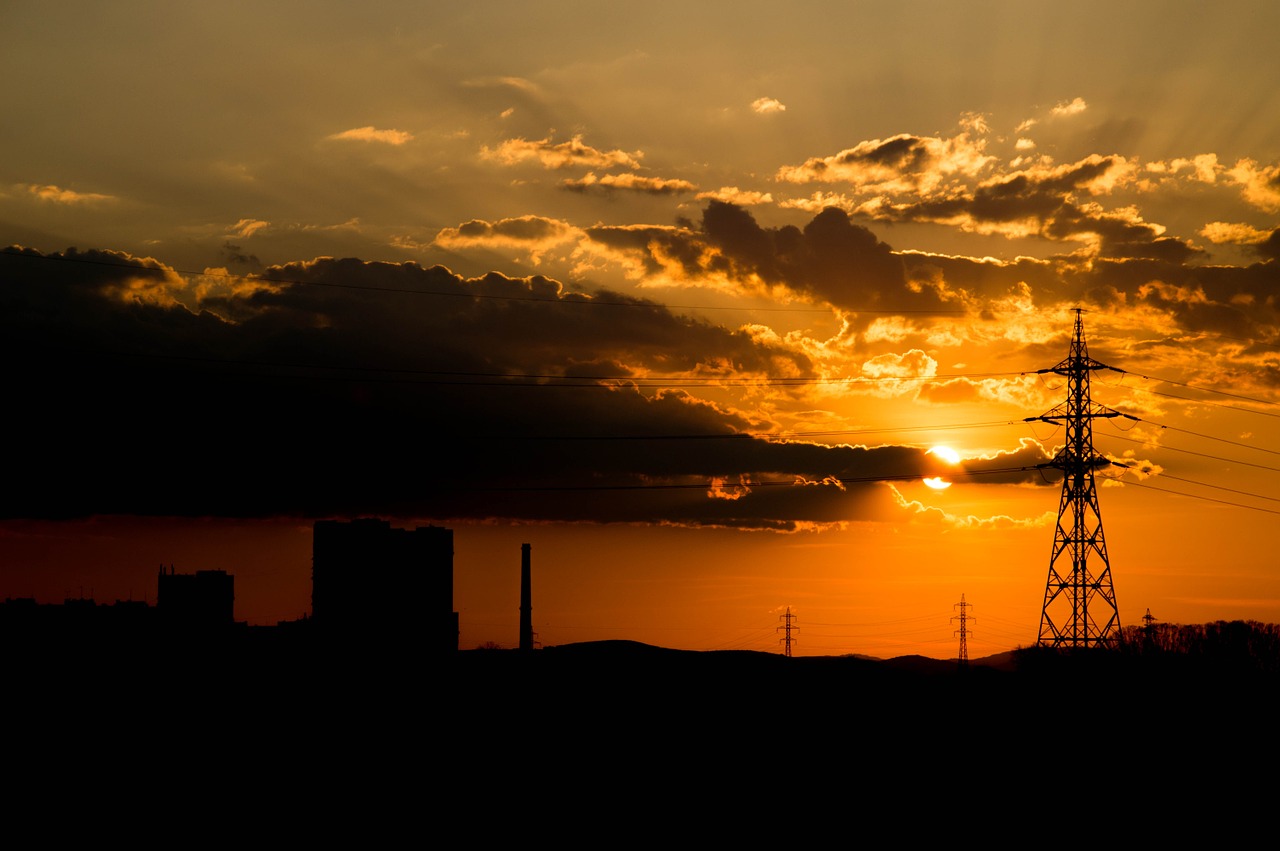By Frank Andorka, Senior Correspondent
Stability and certainty. Those two elements are always critical to building and expanding a solar industry. And a third element is supporting the Public Utility Regulatory Policies Act (or PURPA, as it is most often known in the solar industry.
Well, late last week Michigan decided to combine all three elements in their Public Service Commission (MPSC) finalized the rates and standard contract terms for Consumers Energy, one of Michigan’s biggest investor-owned utilities. In the ruling, they set the rates the utility must pay for energy and capacity from solar energy facilities and other independent power producers under PURPA.
Now that they know what rates they’ll be receiving, the ruling is expected to promote more investment in solar energy in the state, which has fallen well behind other Midwest states like Illinois and Minnesota when it comes to solar development.
“The MPSC’s ruling provides much-needed certainty in the Michigan solar market, which has experienced delayed project development and a lack of substantial solar industry investment,” said Sean Gallagher, vice president for state affairs for the Solar Energy Industries Association. “With these rates in place, Consumers Energy can begin investing in cost-effective solar projects to the benefit of its customers. However, there is still more work to do, and how the MPSC rules on Consumers’ Integrated Resource Plan will play a big role in determining the future of clean energy in Michigan.”
With 118 megawatts (MW) installed, enough solar energy to power 18,500 homes, Michigan ranks 33rd in the country for installed solar capacity. Today’s decision paves the way for a dramatic increase in installed solar capacity in Michigan. Michigan’s solar market is forecast to add 605 MW of solar over the next five years, a 347 percent growth rate, the 5th largest percentage growth of any state. These forecasts could grow substantially, depending on the MPSC’s ruling on Consumers Energy’s IRP.
The MPSC originally determined Consumers’ avoided cost rates in an order issued last November, but was reviewing additional feedback provided by the solar industry, Consumers Energy and other stakeholders. Under federal law, these costs must be at or below the cost the utility would pay to buy power on the market or generate from its own portfolio. The MPSC also ruled that it will revisit a range of related issues in Consumers’ pending Integrated Resource Plan (IRP) proceeding that will be concluded sometime next year.


